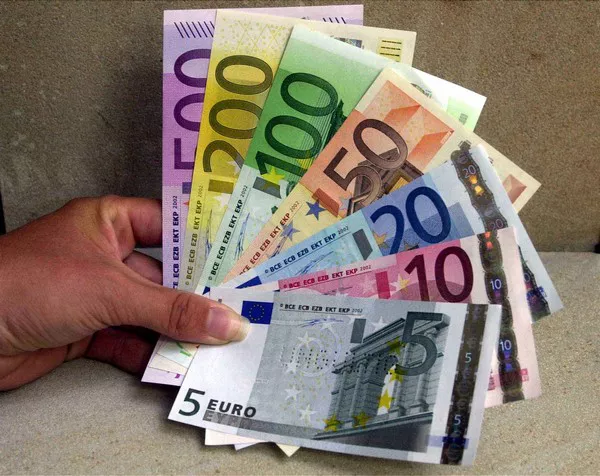The currency exchange market is a complex and dynamic system influenced by a multitude of factors. In recent times, observers have noted a significant decline in the value of the British pound against the euro. This article aims to delve into the underlying reasons behind this drop, considering economic, political, and global factors influencing the exchange rate. By examining these variables, we can gain a deeper understanding of the ongoing fluctuations in the pound-euro exchange rate.
1. Economic Factors:
Trade Imbalances: One key driver of the pound’s decline against the euro is the persistent trade deficit faced by the United Kingdom. A trade deficit occurs when imports exceed exports, resulting in an outflow of currency from the country. Such imbalances put downward pressure on a currency’s value, leading to a depreciation of the pound.
Interest Rate Differentials: Another vital factor affecting exchange rates is the disparity in interest rates between two economies. The European Central Bank (ECB) has maintained a relatively accommodative monetary policy, while the Bank of England (BOE) has adopted a more hawkish stance. This interest rate differential prompts investors to seek higher returns in euros rather than pounds, contributing to the pound’s devaluation.
2. Political Uncertainty:
Brexit Impact: The United Kingdom’s departure from the European Union (EU), commonly known as Brexit, significantly impacted the pound’s value. The prolonged negotiations, uncertainty surrounding future trade agreements, and potential disruptions to businesses have created volatility in the GBP-EUR exchange rate. Investors tend to avoid currencies linked to uncertain political environments, which has weighed on the pound.
Leadership Changes: Political events such as changes in leadership or shifts in government policies can also influence currency values. The pound may experience instability during periods of political transitions, as new leaders often bring different economic agendas that impact investor confidence.
3. Global Factors:
Risk Appetite: Global economic conditions and investor sentiment play a crucial role in currency movements. During times of heightened uncertainty or economic downturns, investors tend to flock to safe-haven currencies such as the euro, causing the pound to weaken.
Commodity Prices: The value of currencies is influenced by commodity prices, particularly those of oil. As the UK is a net importer of oil, any fluctuations in global oil prices can have a significant impact on the pound’s value. Rising oil prices increase import costs for the UK, worsening its trade balance and leading to a depreciation of the pound against the euro.
4. Market Sentiment and Technical Analysis:
In addition to fundamental factors, market sentiment and technical analysis also contribute to currency fluctuations. Traders’ expectations, speculative flows, and technical indicators can amplify the pound’s decline against the euro. These short-term influences may not directly reflect underlying economic fundamentals but can cause temporary deviations from long-term trends.
Conclusion:
The depreciation of the pound against the euro can be attributed to a combination of economic, political, and global factors. Structural issues like trade imbalances and interest rate differentials weigh on the pound’s value, while political uncertainty surrounding Brexit negotiations has added volatility. Furthermore, global economic conditions and risk appetite play a role in shaping exchange rates. It is essential for investors, businesses, and policymakers to monitor these factors closely to navigate the foreign exchange market effectively and mitigate potential risks associated with currency fluctuations.


